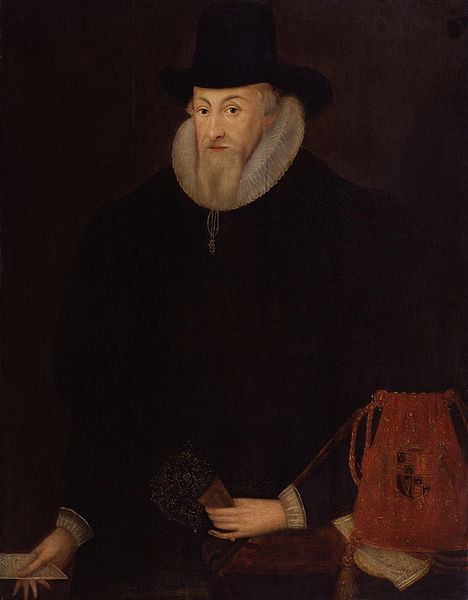The Court of Chancery was a court of equity in England and Wales that followed a set of loose rules to avoid a slow pace of change and possible harshness of the common law. The Chancery had jurisdiction over all matters of equity, including trusts, land law, the estates of lunatics and the guardianship of infants.
The Court of Chancery in the reign of King George I
Edward I, during whose reign the chancellor's jurisdiction was established
Westminster Hall, where the Court sat almost continuously from the reign of Edward III until its dissolution in 1875
Lord Ellesmere, who worked to maintain the Chancery's ability to override the common law courts as lord chancellor
A court of equity, also known as an equity court or chancery court, is a court authorized to apply principles of equity rather than principles of law to cases brought before it. These courts originated from petitions to the Lord Chancellor of England and primarily heard claims for relief other than damages, such as specific performance and extraordinary writs. Over time, most equity courts merged with courts of law, and the adoption of various Acts granted courts combined jurisdiction to administer common law and equity concurrently. Courts of equity are now recognized for complementing the common law by addressing its shortcomings and promoting justice.
Lincoln's Inn (old) hall, chapel and chancery court, 1830
The Court of Chancery in the reign of King George I
John Scott, 1st Earl of Eldon, Lord High Chancellor of Great Britain
Royal Courts of Justice in the City of Westminster, where the High Court of Justice is based







